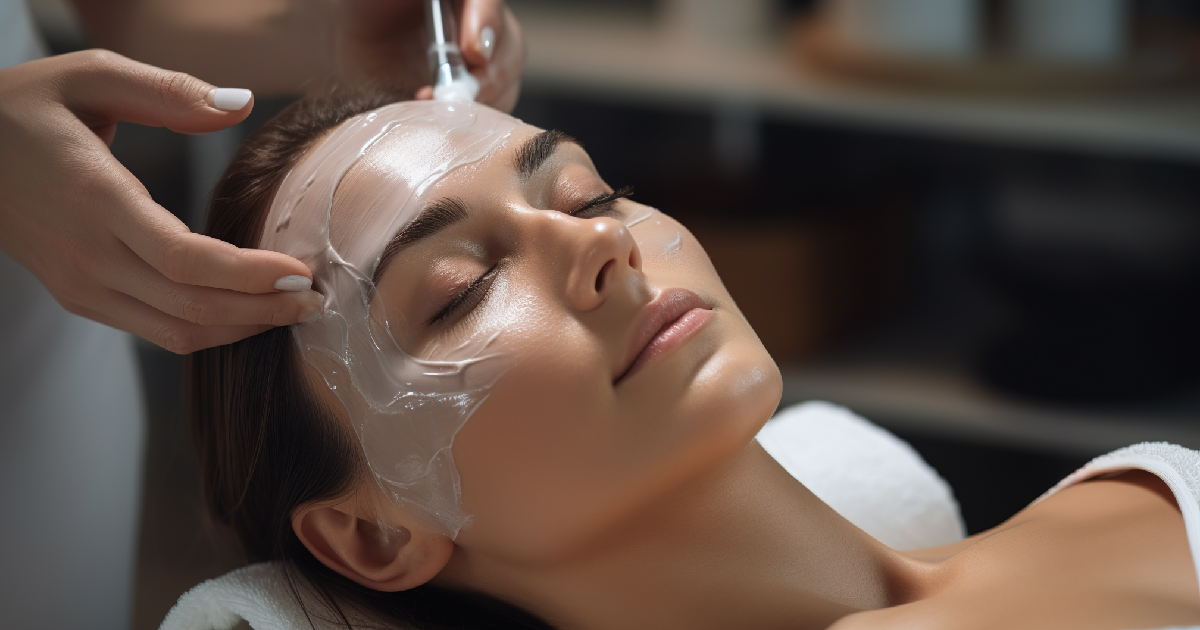Avoid Eczema Flare-ups
If you’re one of the millions of Americans who suffer from eczema, you know that flare-ups can be a real pain–both physically and emotionally. While there’s no cure for eczema, there are things you can do to prevent or reduce the frequency and severity of your flare-ups.
What Causes Eczema to Flare Up?
There are several potential triggers for eczema flares, including dry skin, stress and anxiety, irritants, and certain triggers.
Dry Skin
Dry skin is one of the most common triggers for eczema flares. When your skin is dry, it’s more prone to irritation and inflammation–two things that can trigger a flare-up. That’s why it’s important to keep your skin hydrated and moisturized.
Stress and Anxiety
Stress and anxiety can also trigger eczema flare-ups. If you’re feeling stressed or anxious, your body releases chemicals that can make your skin more sensitive and prone to inflammation.
Other Irritants
Irritants like certain soaps, detergents, and fabrics can also trigger eczema flares. If you have sensitive skin, it’s important to avoid these irritants as much as possible.
Common Eczema Triggers
Certain triggers can also cause eczema flares. These triggers vary from person to person, but common triggers include cold weather, sweating, and allergies.
Diet Tips for Preventing an Eczema Flare-Up
There are several dietary changes you can make to help prevent eczema flare-ups. One of the best things you can do is to avoid triggers like dairy, gluten, and soy. These triggers can cause inflammation in the gut, which can lead to skin inflammation and eczema flares.
You should also eat plenty of anti-inflammatory foods like fish, fruits, and vegetables. These foods can help reduce inflammation throughout your body–including your skin.
Finally, make sure you’re drinking enough water. Dehydration can trigger eczema flares, so it’s important to stay hydrated.
How to Avoid Eczema Flare-ups
To sum up, avoid eczema flare-ups by being intentional. It may take some planning, but the following actions will help you keep eczema flare-ups from reoccurring:
- Avoid triggers. Common eczema triggers are dry skin, stress and anxiety, irritants, and certain foods.
- Keep your skin hydrated and moisturized. This will help reduce the risk of dry skin – one of the most common triggers for eczema flare-ups.
- Eat plenty of anti-inflammatory foods. These foods can help reduce inflammation throughout your body – including your skin.
- Make sure you’re drinking enough water. Dehydration can trigger eczema flares, so it’s important to stay hydrated.
- Consider using a gentle, hypoallergenic soap. These soaps are designed for people with sensitive skin, and they can help reduce the risk of eczema flare-ups.
Why Eczema Worsens in Winter
Eczema is a chronic condition that can worsen during certain times of the year–particularly winter. There are a few reasons for this.
First, winter weather is often dry, which can trigger eczema flares. Second, people tend to spend more time indoors during winter, which can lead to increased exposure to irritants like dust and mold. Finally, the change in seasons can disrupt the body’s natural circadian rhythms, which can trigger inflammation and eczema flares.
While there’s no cure for eczema, there are things you can do to prevent or reduce the frequency and severity of your flare-ups. By avoiding triggers, keeping your skin hydrated, and eating an anti-inflammatory diet, you can help reduce your risk of eczema flares.
Contact AspiraBody today at 508-415-5446 to get help with your eczema symptoms. Our experienced team will empower you with knowledge, products, and an eczema treatment strategy to ensure your skin stays eczema free all year long!





